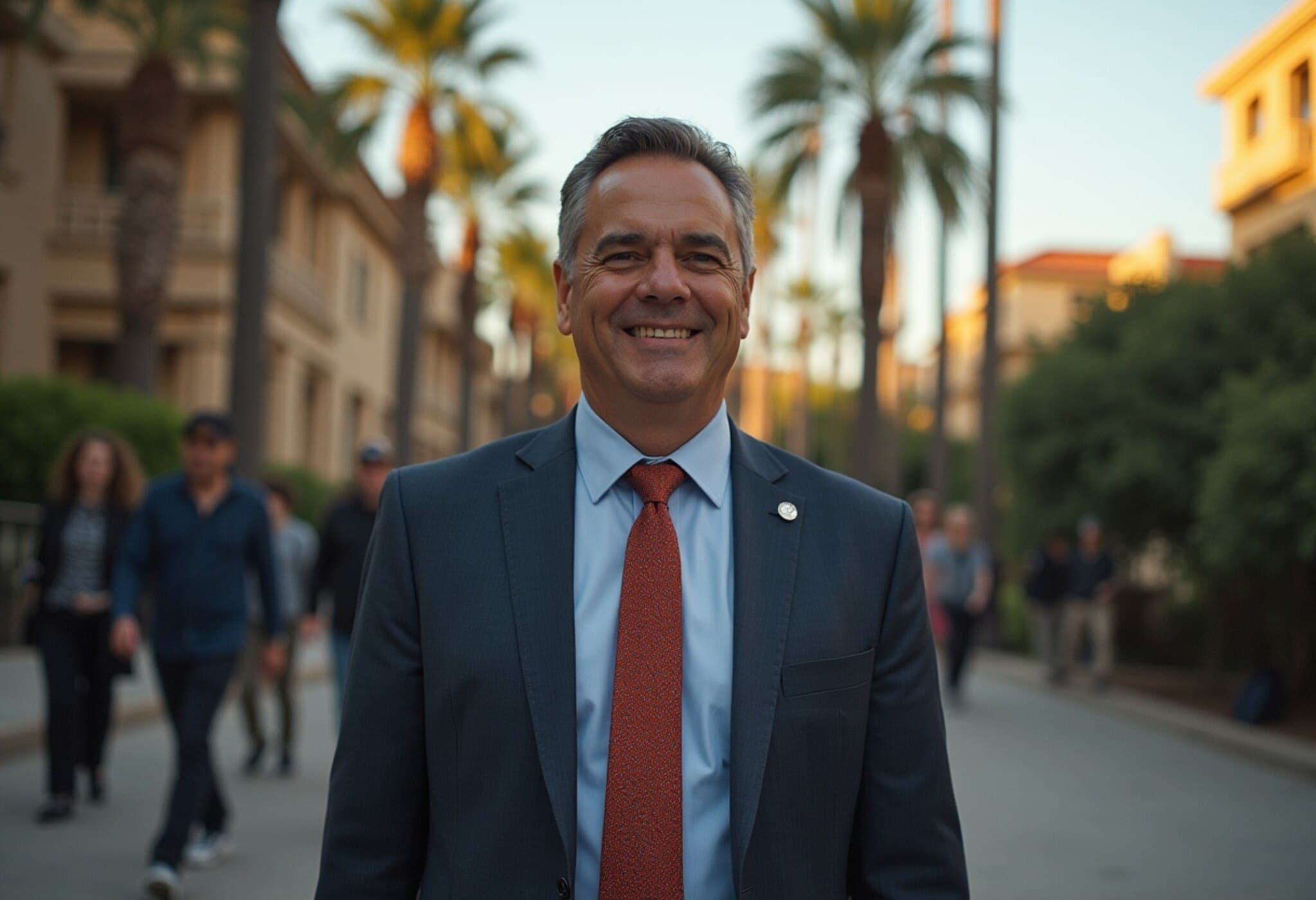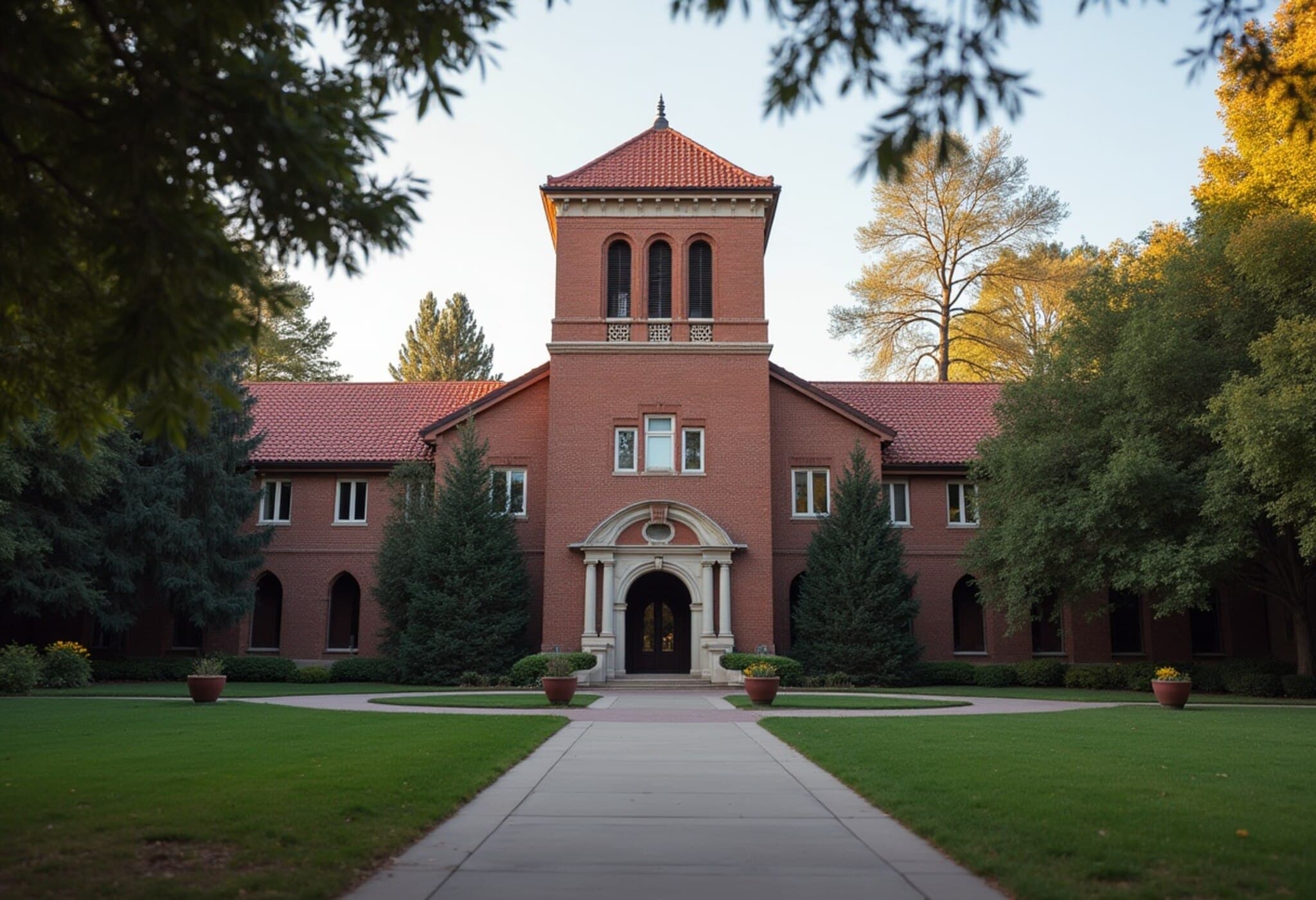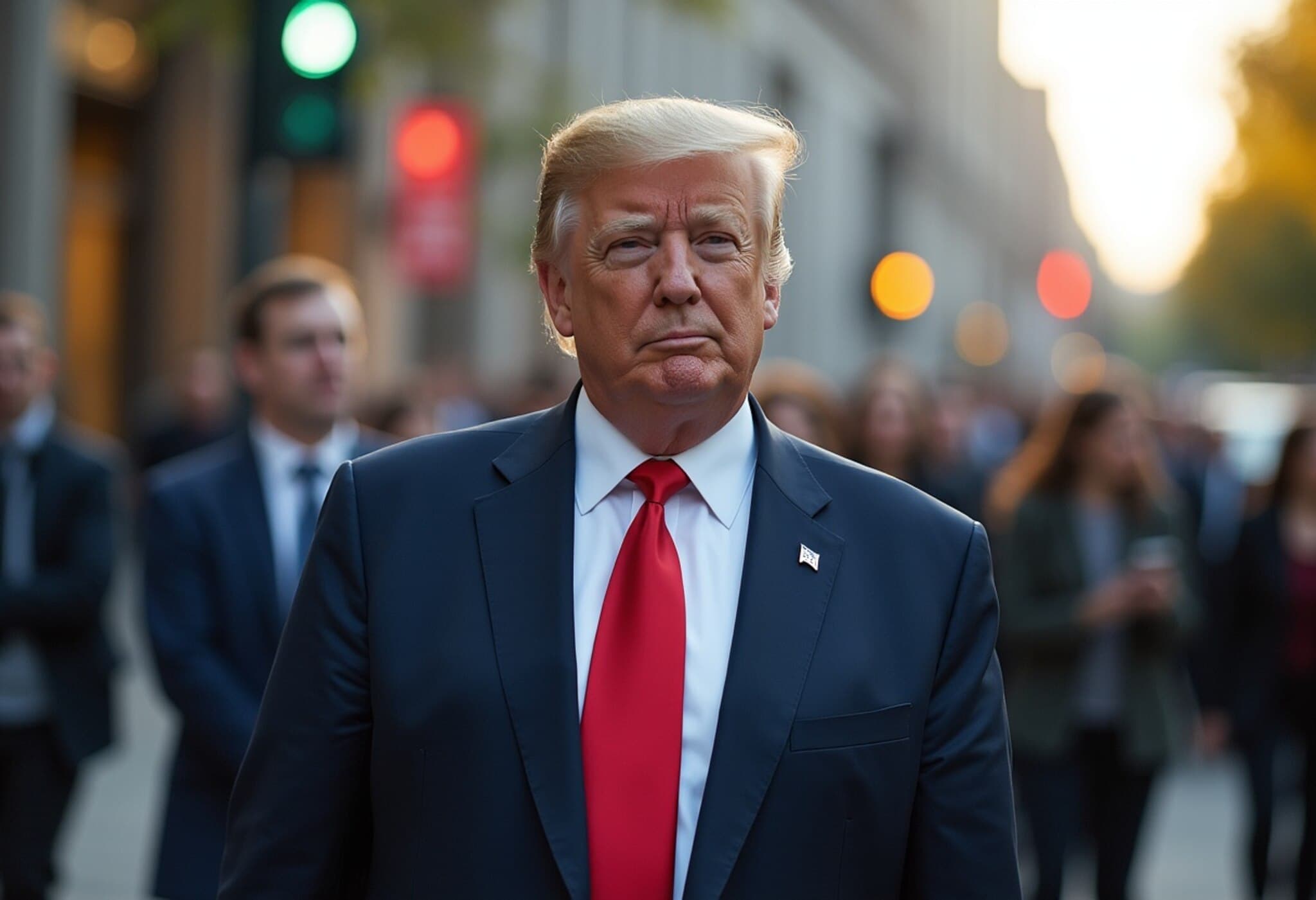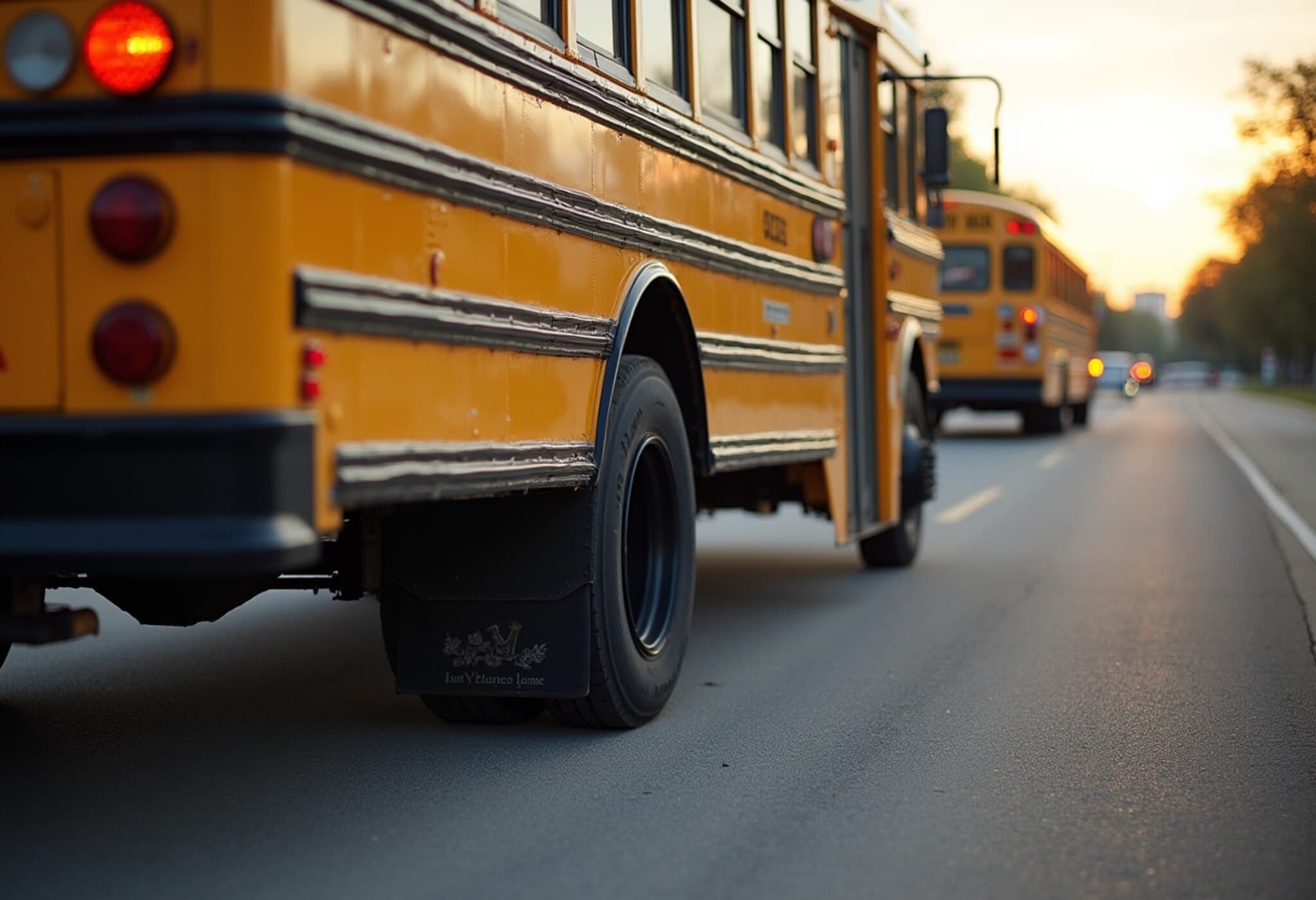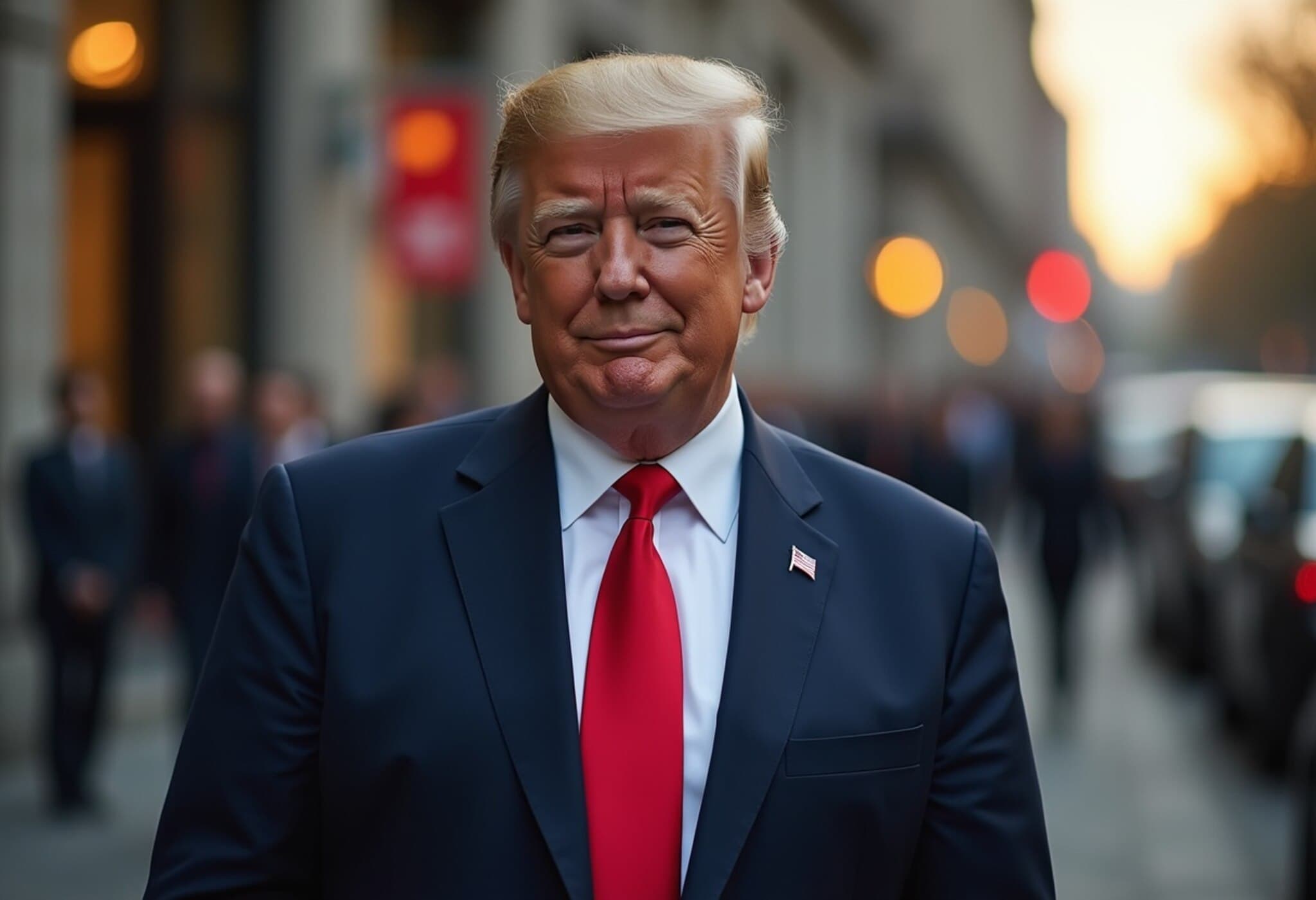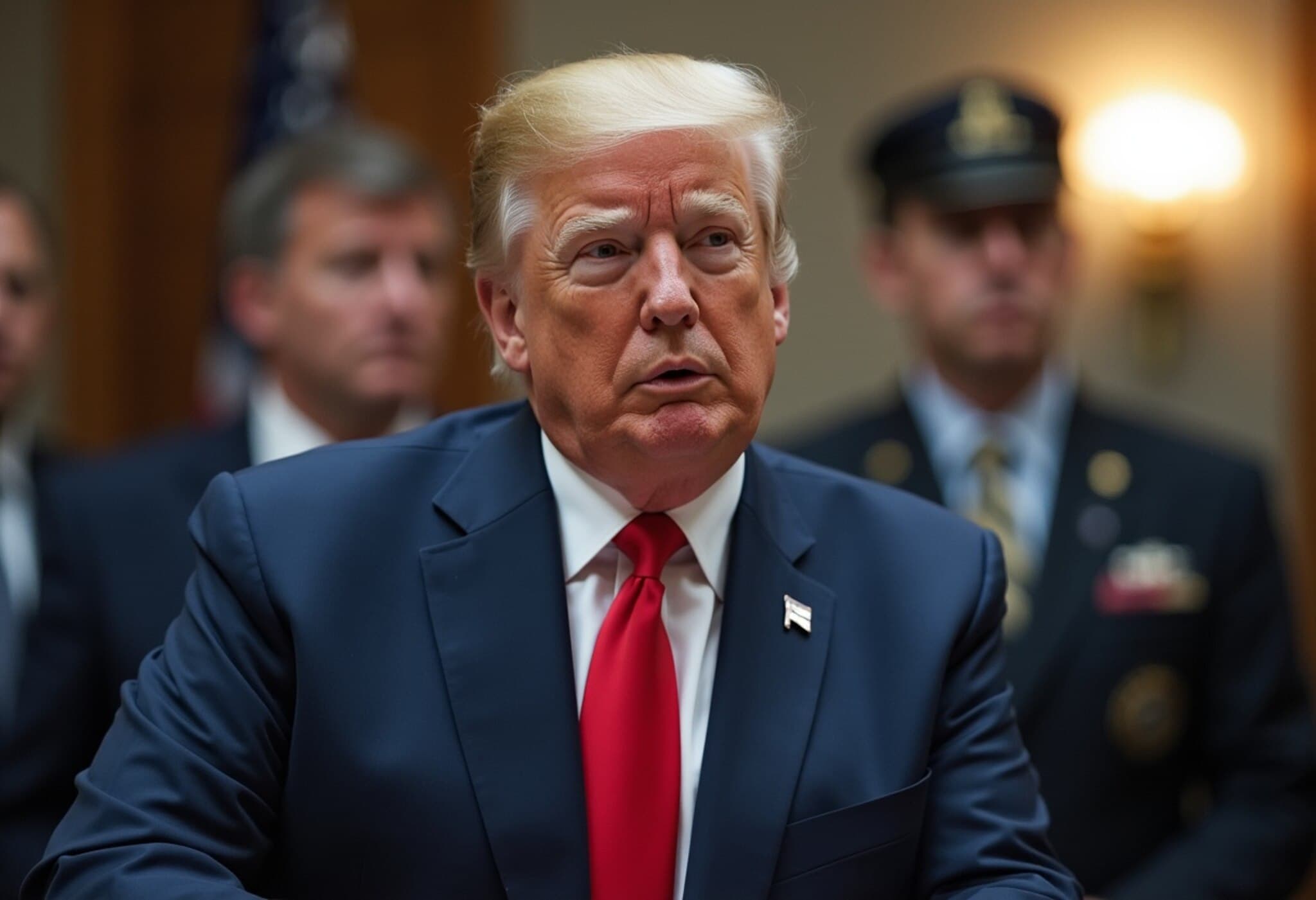Trump Administration Pursues Landmark $1 Billion Settlement with UCLA
In a move signaling heightened federal scrutiny of university compliance, the Trump administration has reportedly pressed the University of California, Los Angeles (UCLA) to settle for $1 billion, as part of a broader investigation into alleged civil rights violations. This demand follows the suspension of hundreds of millions of dollars in federal funding to the institution, raising alarms about the future of its research and educational programs.
The Stakes: Funding Freeze and Negotiation Efforts
According to sources cited by CNN, UCLA’s Chancellor Julio Frenk recently warned that the university’s research operations are “suspended and at risk,” underscoring the severity of the funding freeze imposed by the federal government. In response, UCLA officials have re-engaged in negotiations with the administration, seeking to restore vital financial support.
Proposed Terms of the Settlement
A draft agreement reviewed by CNN outlines several stringent conditions UCLA would need to meet in exchange for reinstatement of its federal funding and eligibility for future grants:
- Payment of the $1 billion settlement in instalments to the federal government.
- Establishment of a $172 million fund to compensate individuals impacted by violations of Title VII of the Civil Rights Act, which addresses workplace discrimination.
- Appointment of a resolution monitor and senior compliance officer to oversee adherence to the settlement.
- A ban on overnight protests on campus.
- Policy revisions eliminating race- and ethnicity-based scholarships.
- Regular submission of admissions data to ensure transparency.
- Guaranteeing single-sex housing specifically for women students.
- Formal recognition and support for female athlete programs in women’s sports.
- Prohibition of gender-affirming care at UCLA’s affiliated hospital and medical school.
Broader Context: Multiple Universities Under Federal Scrutiny
This development comes amid a broader government initiative targeting compliance and civil rights adherence at prestigious academic institutions. Just recently, the Trump administration reached multi-million-dollar settlements with Brown University and Columbia University, highlighting an increased federal focus on university campus policies nationwide. Additionally, Harvard University is reportedly under investigation related to similar concerns.
Focus on Antisemitism and Campus Protests
UCLA is currently under a Department of Justice probe examining alleged antisemitism on campus. The university also settled a lawsuit last year tied to claims that Jewish students were targeted during pro-Palestinian demonstrations in 2024. These incidents have intensified demands for accountability and appropriate institutional reforms within university communities.
Expert Insights: Legal and Policy Implications
From a legal standpoint, the settlement conditions reflect a rigorous effort by the administration to enforce federal civil rights laws within academic environments — particularly Title VII, which traditionally applies to employment but is increasingly interpreted broadly in institutional contexts. The proposed ban on gender-affirming care and race-based scholarships raises complex questions about equal access, nondiscrimination, and evolving interpretations of civil rights law.
Policy analysts note that imposing strict conditions linked to civil rights compliance may reshape how universities govern campus life, balancing free expression, inclusivity, and legal obligations. Furthermore, the potential precedent set by these substantial financial settlements could influence how other institutions navigate federal oversight in the coming years.
What’s Next for UCLA and Other Institutions?
As UCLA weighs its options amid these demands, stakeholders — including students, faculty, and advocacy groups — are closely monitoring the situation. The university’s decisions may resonate across academia, where institutions grapple with federal mandates, campus diversity policies, and community relations.
Editor’s Note
This developing story is a vivid example of the complex interplay between federal oversight, civil rights enforcement, and higher education governance. Beyond the staggering settlement figure, the conditions being proposed prompt deeper reflection on how universities balance legal compliance with their educational missions and community values. Readers should consider how such federal interventions could redefine campus policies nationwide, affecting not only institutional budgets but also the lived experiences of students and faculty.
As this unfolds, important questions linger: How will universities maintain inclusive environments while navigating increasingly strict federal regulations? What are the broader implications for academic freedom and student rights? The answers will shape the landscape of American higher education in the years to come.

